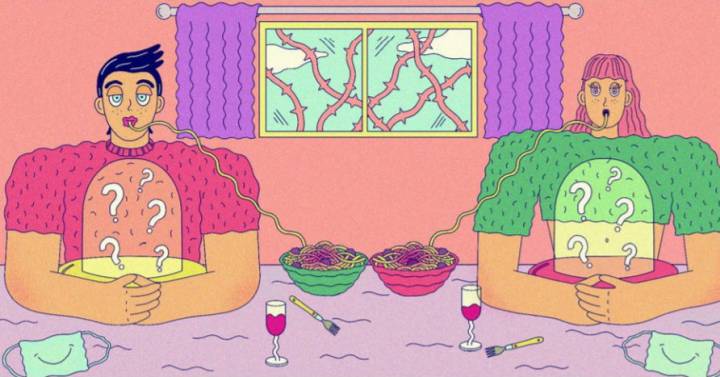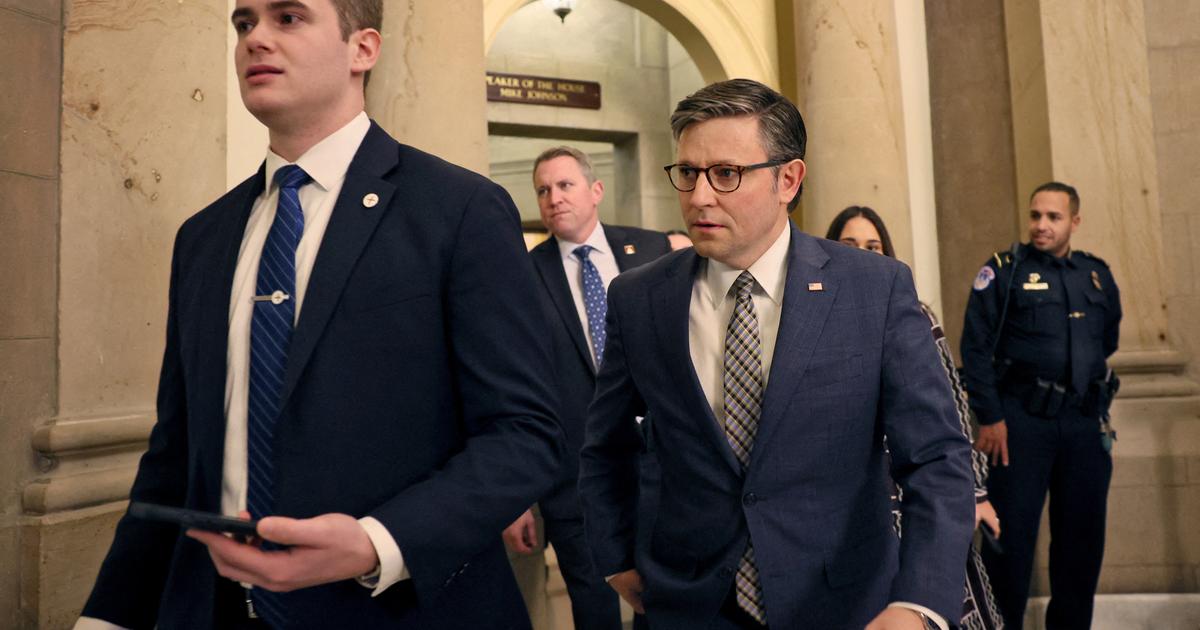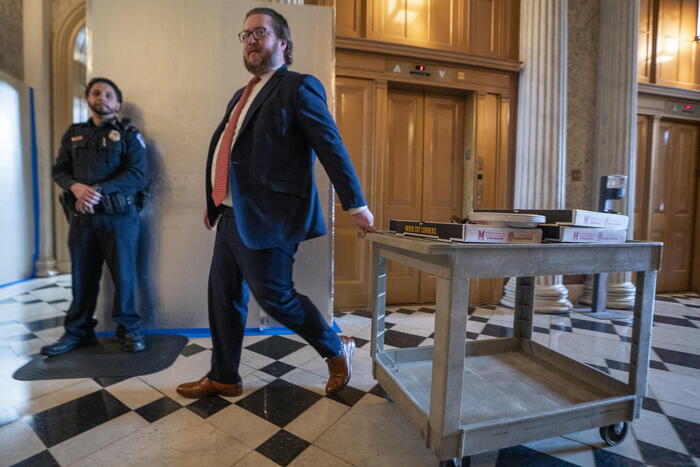FOLLOW
- Follow
We fear uncertainty because the predictable is safer. In the precoronavirus routine everything was more or less predictable and we only felt uneasy about specific unknown situations. In this new normal, the rules are not so clear. Psychologists agree that anxiety problems are the main reason for consultation since confinement began. "The symptoms have become much more acute in patients who had already been using psychology services, especially due to anxiety regarding the unknown of the situation and the uncertain future," explains Fernando Chacón, dean of the Official College of Psychology in Madrid.
Despite the fact that the ability to face this situation varies greatly from person to person, the emotional state of citizens is being affected, mainly, by fear and lack of certainty. Aída María Rubio, psychologist and coordinator of the team of psychologists of TherapyChat's mobile and web application, points out that this fear of uncertainty “contributes to the feeling of loneliness, disorder in routines, loss of positive stimuli in our day to day, the possible loss of loved ones or work and the anxiety and uncertainty sustained over time ”.
In the face of fear of the unknown, the body prepares a fight or flight response to protect itself from the perceived threat. Then, changes take place on a physical, emotional and behavioral level. As a result, when faced with an ambiguous situation, it is easy to become paralyzed, in a state that Nathan Furr, professor of strategy at the French business school Insead, calls unproductive uncertainty.
This concept implies that citizens get caught imagining extreme results: they get worse. So Furr, who for the past five years has studied the behavior of people who overcome uncertainty, recommends thinking in terms of probabilities. Stop thinking about whether something will happen or not, but how likely it is to happen.
Probability calculation
"I saw the power of this idea first hand while teaching an executive course at Insead just as the pandemic was starting to grow," says Furr. “When we think in binary terms, we all feel very anxious. When we consider the full range of possible outcomes and the probabilities assigned to them, we see things differently, "he explains. "For example, in the face of concerns that countries closed their borders at the beginning of the pandemic, we realized that there was a high possibility that the borders would close in a few days, a moderate possibility that they would close earlier and a close to zero probability that they will close immediately. That brought us immense relief. " Studying the odds of something happening helps patients have a more realistic view and reduce fear. This strategy is part of cognitive behavioral therapy, one of the most widely used to help patients solve their anxiety problems.
Uncertainty about uncertainty is a recurring problem that psychologists have faced in their consultations since before the pandemic. “It is inevitable to be afraid of the future. The problem is not feeling it, but how we manage that emotion. Do you have the resources to face the fear of the unknown? What works for you in the face of worry? ”Says Marta de la Fuente, a health psychologist in the Human Area and a specialist in anxiety and stress.
Put into practice
Based on this approach, one of the advice that psychologists give to try to reduce the anxiety generated by the lack of certainty is to focus on the things that can be controlled in our environment. "In any circumstance, desperate as it may be, we have room for maneuver to decide, even if it is only the attitude with which we want to live what has touched us," writes Pilar Jericó, consultant and speaker. “Therefore, we cannot allow ourselves to be carried away by the feeling of powerlessness. We can influence what surrounds us, however small it may seem. ”
Far from being a naive slogan, there are concrete exercises that allow us to move from purpose to practice to avoid that uncertainty about the future paralyzes us. One of them is the circle of influence, an exercise proposed by Stephen Covey, professor at the University of Utah (USA). It consists of listing the concerns and writing them around a circle, specifically and concretely. Then all you have to do is ask yourself: What concrete actions can I take to solve those problems?
With the answers the circle of influence is drawn, smaller, but more powerful, since it gathers all the actions that depend on us to face the concerns. From there, whenever a concern strikes us, we must focus on what is in our hands. "As Covey wrote, when we focus on our circle of influence, we feel that our room for maneuver is much greater when faced with a problem," Jericó quotes. "However, if we feed our concerns, our ability to act is reduced."


/cloudfront-eu-central-1.images.arcpublishing.com/prisa/24NHQIEXENB45FKJOEF5XQ3RZQ.jpg)








/cloudfront-eu-central-1.images.arcpublishing.com/prisa/KMEYMJKESBAZBE4MRBAM4TGHIQ.jpg)



